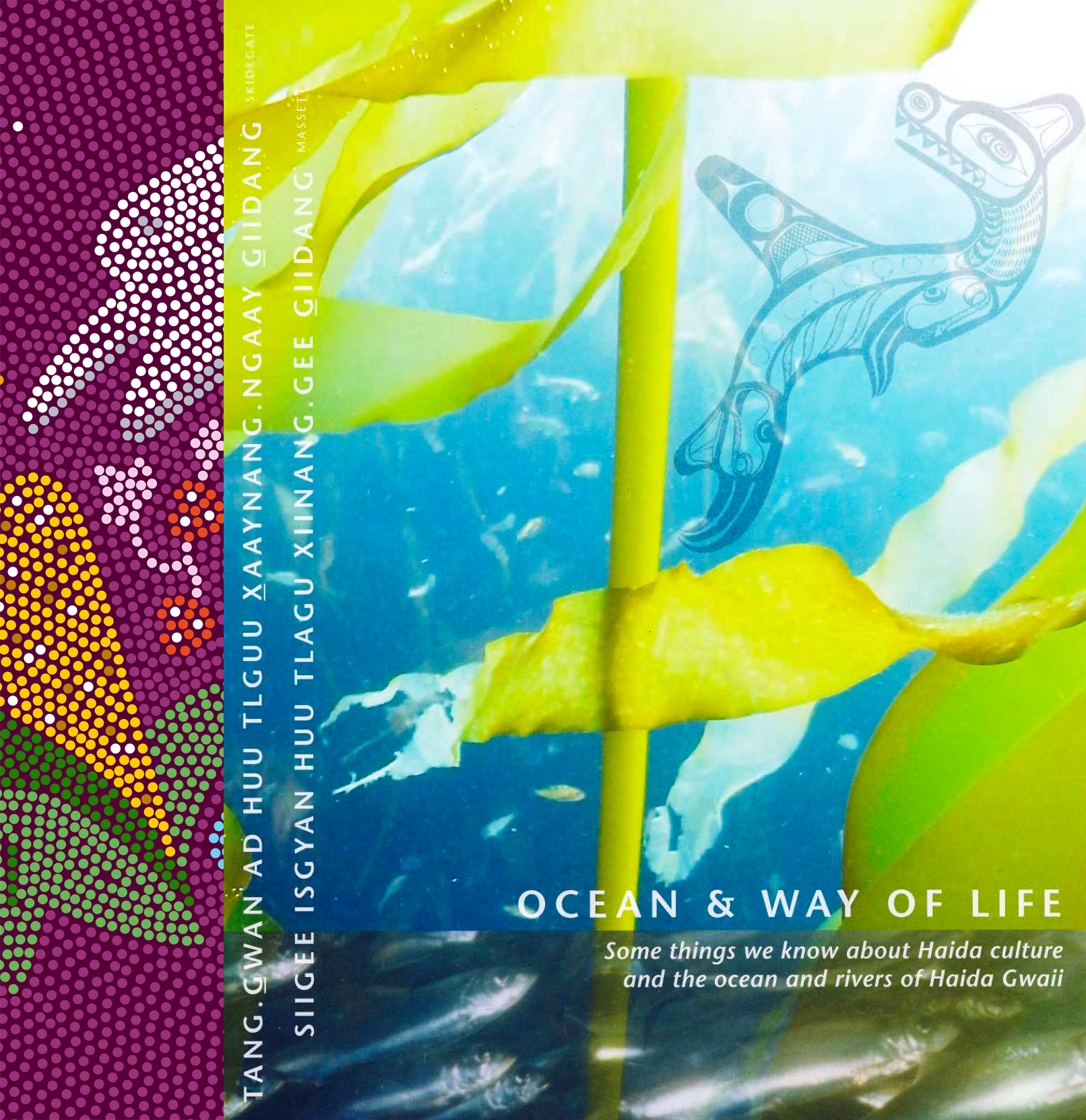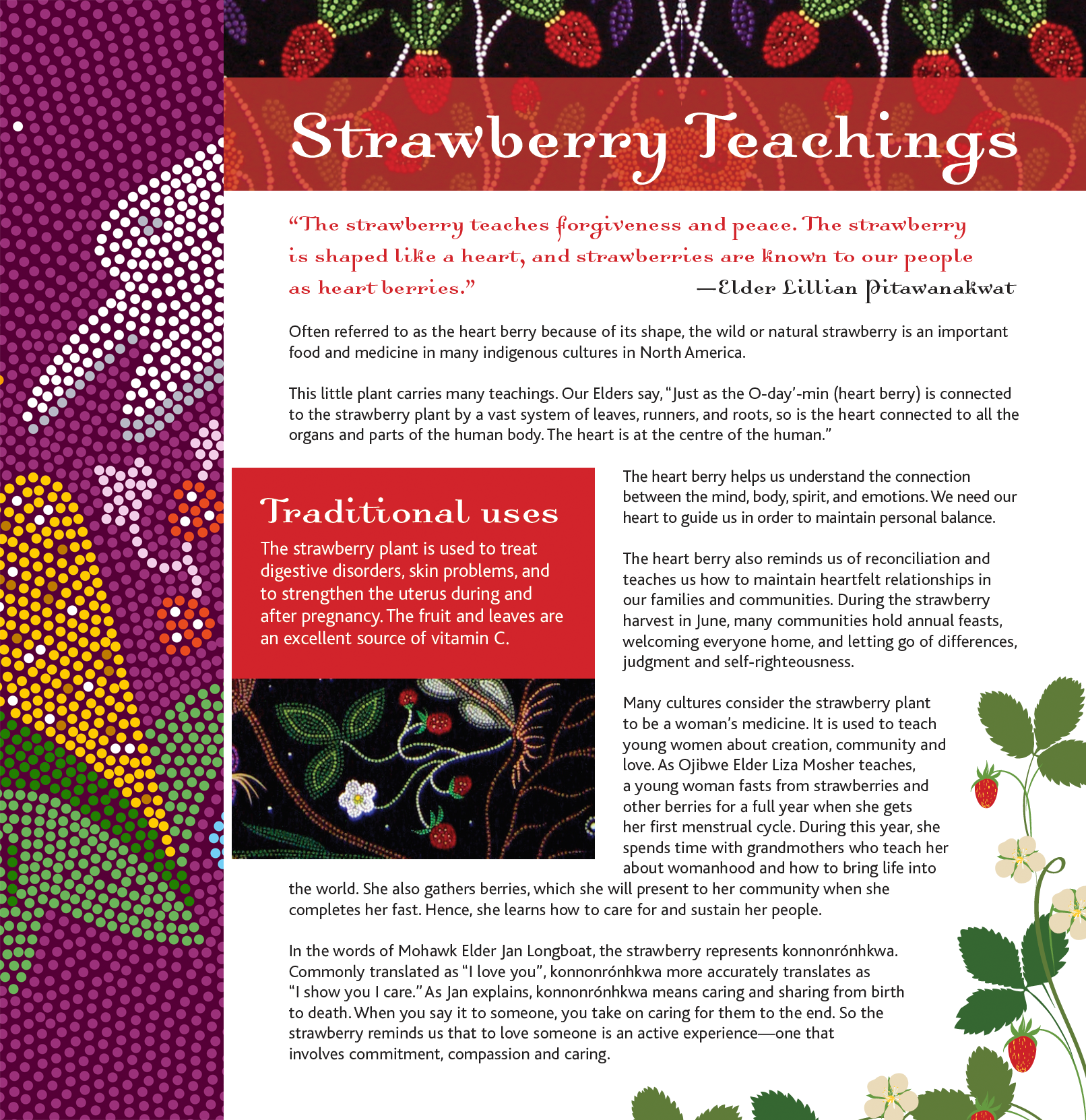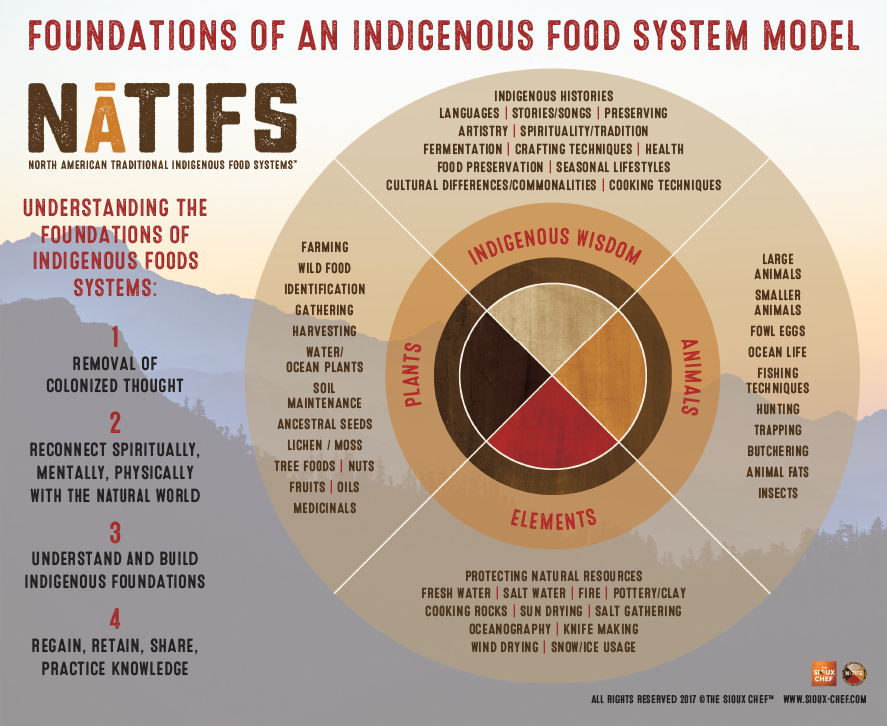Source: The Splendid Table with the Sioux Chef
Year: 2017
“Chef Sean Sherman - founder of the company The Sioux Chef - has made a name for himself in the Upper Midwest by sourcing and cooking with ingredients originally used by Native American groups across the region. The result is an eye-opening and healthy take on modern cuisine. However, his interests are not limited to the native peoples of the Midwest. For his new book, The Sioux Chef's Indigenous Kitchen, Sherman and co-author Beth Dooley pulled from his travels to and experiences cooking with native cultures all over North America. Sherman talked with Francis Lam, and shared with him some unique food and ingredients. You can make Sherman's recipes for Maple-Juniper Roast Pheasant and Cedar Tea.”














